A week ago Sunday I read some of my poetry in my home town, in an old building we used to call “the community center” and was falling apart when I was a kid. It’s since been gentrified, as has a lot of other stuff around town.
The reading took place in a room that housed pool tables and tough guys back in the 1940s and ‘50s, and is now an art gallery. The whole place is called the Baird Center, after someone who must have come along after I left home.
I read with several local poets, all different and all good, and then after an intermission there was an “open mic” which in the old days, c. 1970s and ‘80s, used to mean cranks ranting and amateur poets rhyming like greeting cards and mostly just horrible stuff, or at least very weak writing.
But everyone of the handful who read that day were terrific, equal to if not better than the “featured” poets! And that’s been my experience in recent years.
I’ll go to a local music event with a bunch of musicians and singers performing their own songs, or covering more famous tunes, and expect to be bored or disappointed as I often was in decades past, but instead will come away feeling like I just experienced one of the greatest musical evenings of my life!
And the same with the group poetry readings I’ve taken part in reluctantly, or gone to watch because a student or friend is reading. Every time I have been pleasantly surprised by the quality of the work.
Now maybe that’s just because—what?—people are getting better educated or trained or something than they were twenty or thirty years ago or more? I don’t think so.
I think it has more to do with population growth, which is the point of where I started this thing (but because of the rotten cold I’m suffering through, with a head that feels like concrete, I’m probably not being as clear as I otherwise might be).
If one percent of the population were fine poets then, and the same percentage now, it stands to reason that the one percent would have exponentially grown as a result of population growth.
In the early decades of the 20th century, there were a handful of “modernist” poets who created a variety of new approaches to creating a poem. They all knew each other, and most even had some kind of friendship or other intimate relationship. And it wasn’t difficult to keep track of them.
The number of magazines where their work was published were few, the venues where they read their work, few as well.
By mid-century, when I was a teenager just starting to present my poetry and other creative output to the world, there were a handful of “movements” or “schools” (ala Donald Allen’s breakthrough anthology THE NEW AMERICAN POETRY, with “Beats” “Black Mountain” “New York School” etc.).
A lot of these poets knew each other as well, but there were a lot more of them, publishing their poems in a lot more “little magazines” and reading them in a lot more venues than their modernist predecessors.
By the 1970s, there were tons more little magazines than in the 1950s and ‘60s, and more groupings of poets, many more poets period, than there had been mid-century.
Some people ascribe that explosion of poetry and poets to the growth of university creative writing workshops that give out MFAs in poetry etc., beginning with the granddaddy of them all at the University of Iowa.
In the 1960s, I ended up at the U. of Iowa Writers Workshop on the G. I. Bill, where I learned more from my fellow students than from professors—from Nathan Whiting to Ray DiPalma, Steve Shrader to Robert Slater (Steve just passed away a few months ago in Hawaii where he lived and wrote for most of his life after Iowa).
Many of them went on to teach in various MFA programs, and thereby contributed to the growth of what some call “the poetry industry.”
I taught for a while at a college in DC, not in an MFA program, but I did teach creative writing, and some of my students went on to become fulltime poets (e.g. Tina Darragh), but when I arrived in DC there were no regular poetry reading series. I started, or helped start, a few. I’m sure there are even more now.
In this first decade of the 21st Century, there are twice as many people in this country, or more, than there was c.1975. It would be a shock if there weren’t many more poets and poetry programs and degrees and magazines and books etc.
It also stands to reason that if the usual handful of poets—or artists or singer/songwriters etc.—get the attention of the mass media (under the control of a handful of corporations), there are a lot more worthy works of art not being noticed in that old fashioned big media way.
But thanks to the internet, people can get their work out a lot easier than by cranking up a mimeograph machine and then hand delivering their little mag or chapbook etc.
Though there still are too many, especially among the young, who buy into the idea of “success” in the arts being related to media attention and financial rewards, there seems to me to be a genuine movement away from that, and forward to a place where what matters is doing the work and getting it out there to anyone who might dig it, and “get” it, and respond to it.
A return in a way to those modernist poets of early 20th century, with their small gatherings and handful of publications and readings in small venues. Only now, there are multiple groups like that, all over the map, and though maybe not as innovative, nor with as lasting an impact on style and form etc., nonetheless still capable of the kind of impact poetry that works has always had on audiences, and did on me as a kid and young man.
So I’m happy to see ever more poets and musicians and bands and films and all kinds of art and artists, which hopefully are doing for kids what the arts did for me, making me feel like it was saving my life, and continuing to make me feel that right up until this moment.
Subscribe to:
Post Comments (Atom)
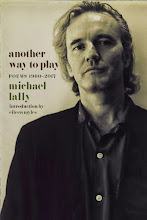
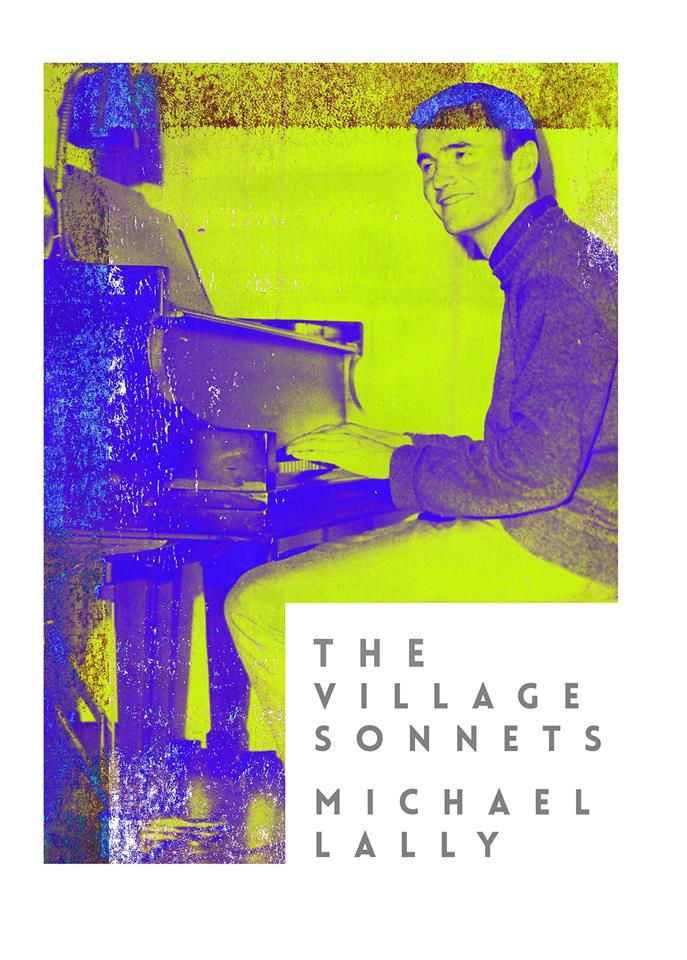
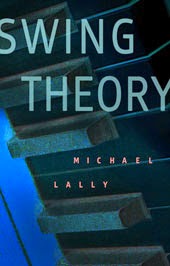
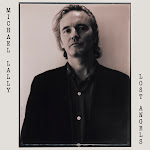
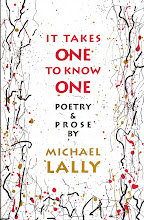


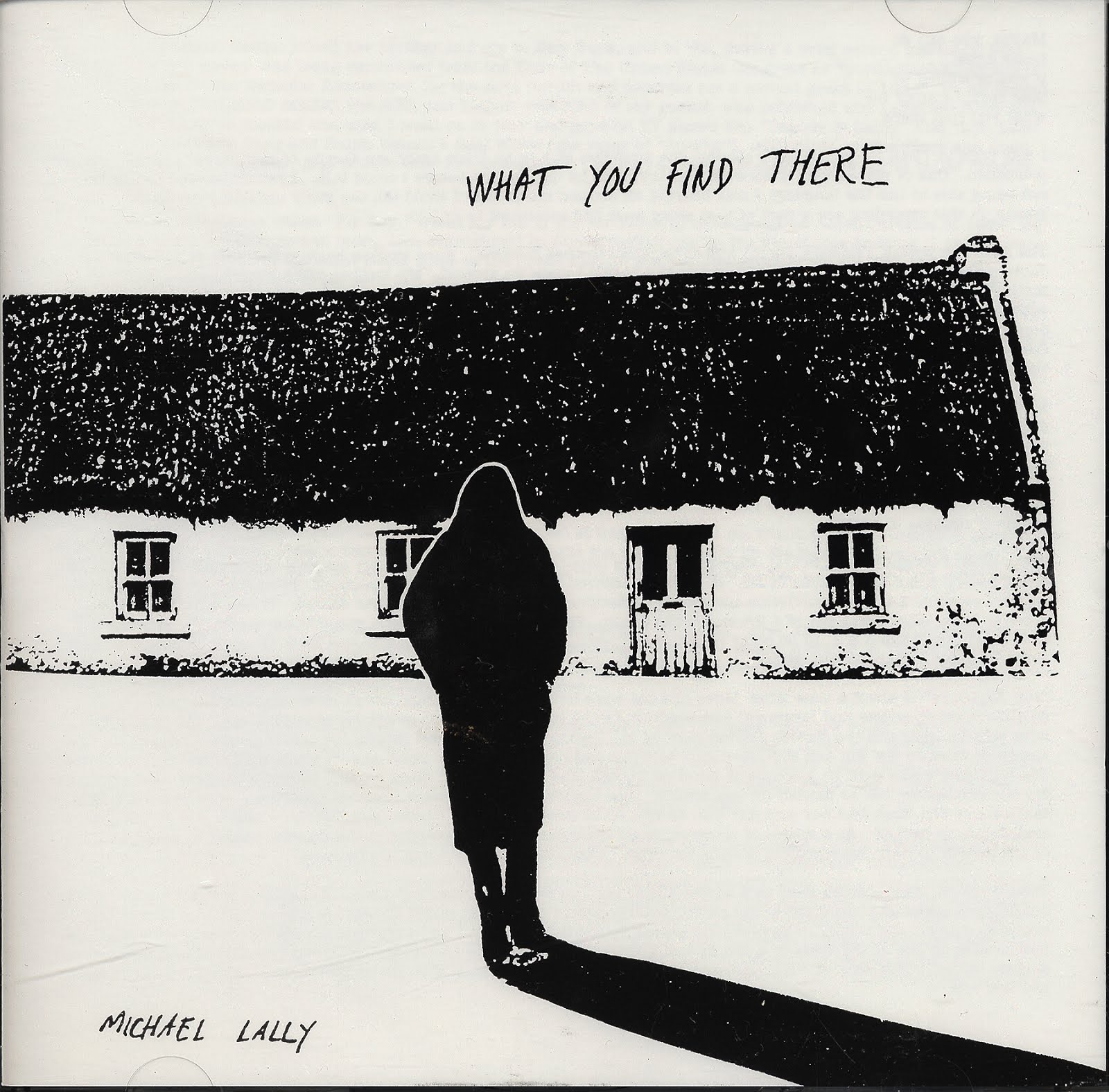







2 comments:
I hear your theories on increased statistical probabilities, not sure I believe it, but what I don't doubt is that having grown up in media-soaked world contributes to a more "polished" amateur, and I speak for myself and my generation. TV (even more than radio) brought scripted language (vs. spontaneous) into our homes, and kids will mimic what they hear. This is not to say that good poetry and music heard in local venues is not genuine, or genuinely born, but through enormous exposure to music & art from early on - through technology - we certainly all have a good understanding of what's good and what's not (beyond what's most popular.) We also know how to present our material and ourselves. In a way, we've all learned how to be "on". But here's another part of the phenomena that I'm surprised you didn't mention (although it doesn't explain the high quality of local artistic expression): I think the increased delivery methods for media consumption (websites, blogs, podcasts, on-demand tv and radio) is serving to isolate people. We're all starving for commonality - the common reference points we once enjoyed in this country when everyone watched the same news programs and satiric talk show hosts (Johnny Carson for me, Jack Benny first?) So we crave the local venues, the connection. And let's mention too that music & art used to be made and performed by families, for one another, as entertainment and to pass on tradition, and that's mostly disappeared from our lives. As always, thanks for a very thoughtful blog.
I wasn't as clear as I'd like to have been, but your point only confrims what I meant, to me, the greater mix of media and outreach of it etc. is an indirect result of population growth, etc. The reason younger people have such easy access to the rest of the world, at least electronically, and all the world has to offer, is because of these technological innovations, but also because given more people, more ideas for communicating between them (us) would be a natural result etc.
I don't know, I just think it's interesting population growth doesn't play a bigger part in discussions and arguments over our changing world, for good and for bad. As for familie's playing music together, mine still does.
Post a Comment